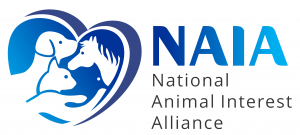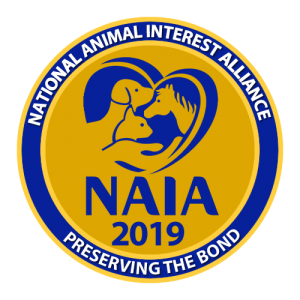 Uncategorized
Uncategorized  No Comments
No Comments Animal Care Panel Sues University to Protect Privacy
Members of the Institutional Animal Care and Use Committee (IACUC) from the University of Washington have sued their own institution to keep their names from being released to PeTA. PeTA claims that the committee is trying to hide that it is not constituted in accordance with federal law; they say committee member names must be released in order to gain more oversight.
But the IACUC members weren’t born yesterday. They know it is a near certainty that if PeTA’s request is approved, their personal information will find its way to groups and individuals who will harass them at their homes and/or work.

The leaders of the IACUC are using the lawsuit to protect its members and keep them safe. PeTA, no doubt delighted at finally receiving attention for something other than the kill rate of their Virginia shelter, is not backing down. They claim their protests are legal and that their members are told to only use polite language. PeTA can still appeal the federal judge’s injunction if it becomes permanent.
Resources
★ Activists protest UCLA’s use of animals in laboratory research at Murphy Hall
★ (2007) Animal rights protesters torment scientists








